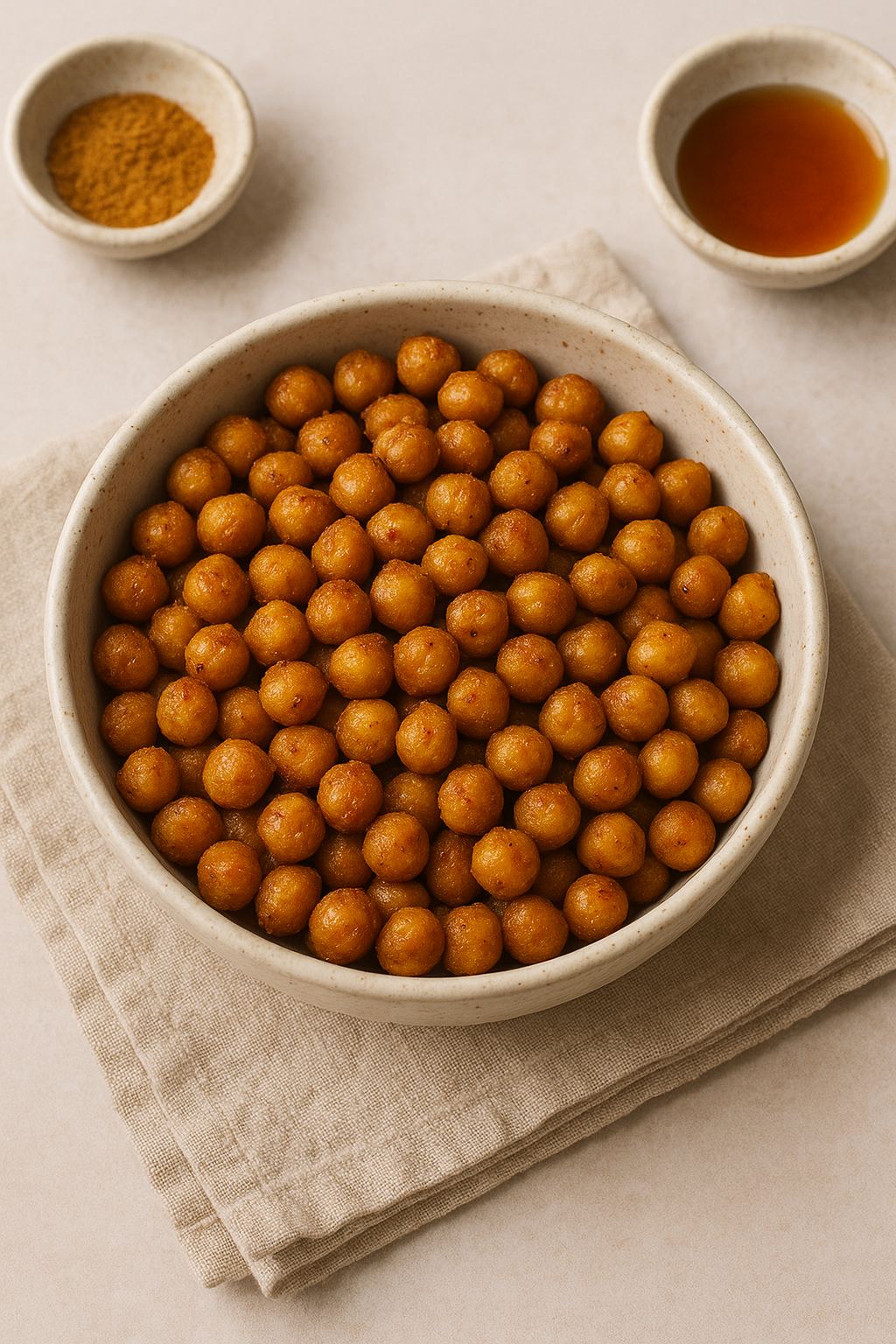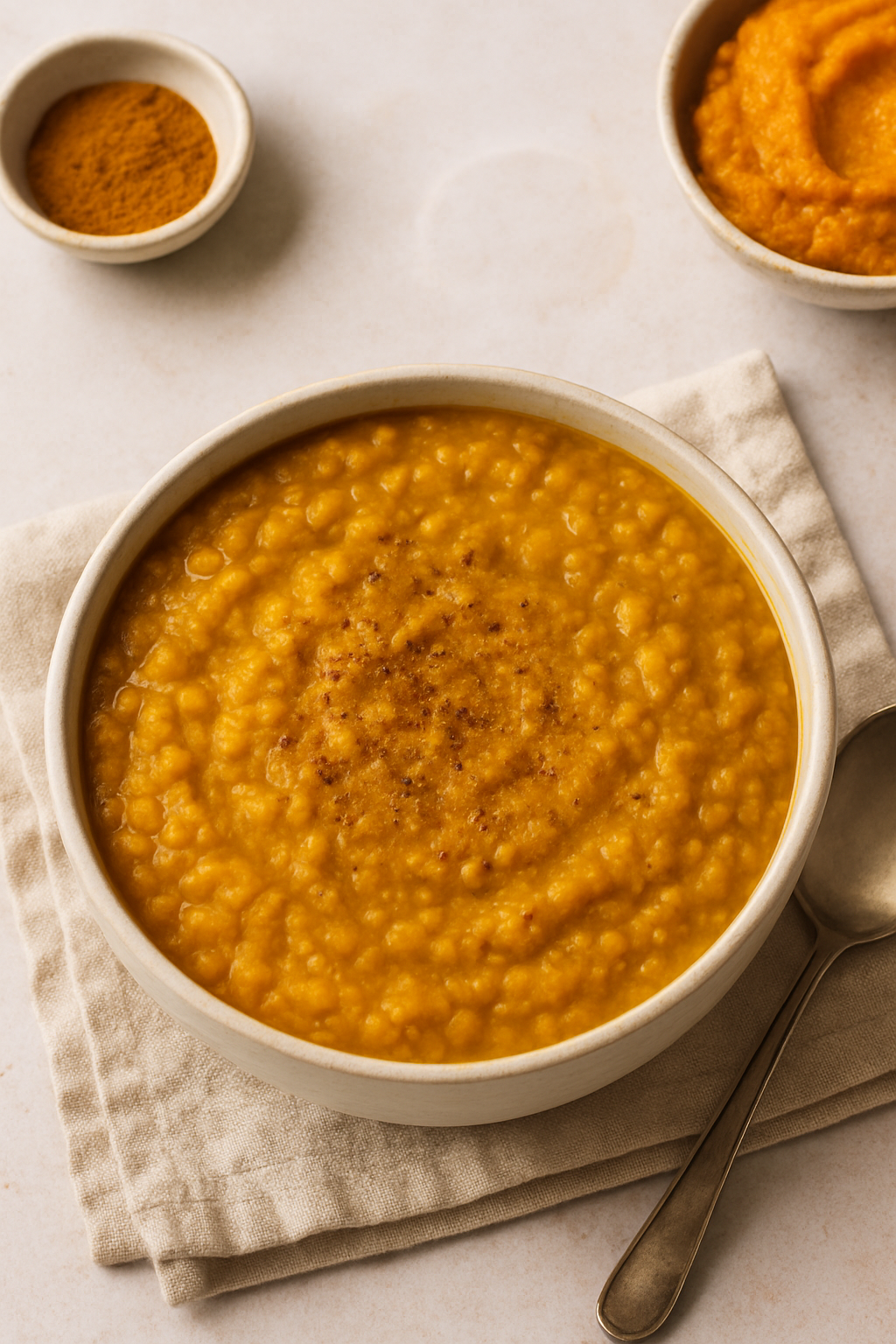THE UPSHOT
- Our bodies don’t need the same support in September as they do in February. Seasonal changes such as less sun in fall, holiday stress in winter, allergies in spring, heat and travel in summer, shift the nutrients we rely on most.
- A year-round supplement roadmap helps us anticipate deficiencies like vitamin D in colder months or electrolytes in hot weather, while also supporting immunity, inflammation balance, and longevity goals.
- Think of it as staying aligned with nature’s rhythm: when we adjust with the seasons, our bodies stay resilient all year long.
I love the fall. Apple picking, corn mazes, hearing the crunch of autumn leaves underfoot. The weather is cooler and days grow shorter, and, as time passes, our routines tend to change. We spend more time indoors, away from the full spectrum of sunlight. Our immune systems may be challenged by back-to-school exposures, crowded gatherings, and the busyness of the approaching holiday season. In many ways, fall acts as a health checkpoint, a time to fortify against infection, regulate inflammation, and restore balance before the deep winter months.
What we should better understand is just how these seasonal shifts quietly influence our nutrient status. Sunlight, food availability, physical activity, and even environmental allergens vary with the seasons, and so do our nutritional needs. Research shows that aligning supplementation and lifestyle with these natural rhythms may help us both prevent deficiencies and protect long-term health and longevity.

Fall: Immunity and Inflammation
One of the biggest concerns as fall sets in is that vitamin D levels naturally drop. With weaker sunlight and more layers covering our skin, our bodies produce less of this hormone-like nutrient that helps keep the immune system in balance. Research from 2024 published in Nutrients shows that taking vitamin D daily can lower the risk of respiratory infections, like COVID and the flu, when used consistently at the right dose (1), which is especially important during the season when these viruses are on the rise. A 2022 study from Frontiers in Nutrition also found that vitamin D supplementation helped reduce asthma flare-ups in children, highlighting its role in keeping airways steady when allergens and viruses are circulating (2).
Omega-3 fatty acids are another key tool for fall wellness. Packed with EPA and DHA, they help calm the inflammation that can spike from stress, seasonal diet changes, and environmental triggers. A 2021 meta-analysis in Biomolecular Concepts confirmed that omega-3s support telomere length (3), a marker of cellular aging, meaning they help buffer some of the day-to-day inflammatory wear-and-tear that tends to increase in autumn.
Supporting your microbiome is also crucial this time of year. A 2024 pilot study in the American Journal of Translational Research (4) found that prebiotics reduced allergic rhinitis symptoms by feeding short-chain fatty acid-producing bacteria in the mouth and gut. Since fall allergies often make respiratory health more complicated, adding prebiotics, probiotics, or fiber-rich foods can help smooth the transition into the colder months and keep your immune system balanced.

Winter: Deep Restoration and Resilience
In the depths of winter, nutrient gaps can really add up. Vitamin D levels are often at their lowest, which can leave the immune system more vulnerable. Spending more time indoors and moving less can also make it harder for your metabolism to stay resilient. Research from 2022 in Nutrients (5) found that higher vitamin D levels, a balanced omega-6 to omega-3 ratio, and lower inflammation markers were linked to longer telomeres and reduced inflammation in people with chronic pain. This shows how key micronutrients and healthy fats help buffer your body against the extra stress, infections, and reduced activity in the winter months.
For anyone following a vegan or plant-based diet, winter is a good time to pay extra attention to B12 and iron, since they’re harder to get without fortified foods. Magnesium is another key player, supporting sleep and helping your body handle stress, especially when long nights can throw off your natural rhythms. Together, these nutrients create a foundation for real restoration, keeping your immune system strong and your cells resilient well into the year ahead.

Spring: Renewal and Allergy Balance
As the earth warms and life stirs, spring offers a chance to cleanse and recalibrate. For some, the season also brings pollen and allergens, which can destabilize immune balance. The microbiome emerges again as a powerful player. Prebiotic and probiotic support has been shown to help control allergic responses by keeping your immune system balanced, as referenced by the publication, Foods in 2021 (6). Antioxidants like vitamin C, vitamin E, and plant compounds called polyphenols help protect your cells from stress as your metabolism speeds up and your body works to clean out toxins.
This is also an ideal time to focus on hydration, liver-supportive foods like leafy greens, cruciferous vegetables (broccoli, Brussels sprouts, cauliflower), beets, garlic, and green tea, and gentle detox protocols and healing practices such as sauna sessions or Reiki-guided breathwork. These help align the body with the season’s natural rhythm of shedding, cleansing, and preparing for growth.

Summer: Energy and Oxidative Protection
Summer is a season of abundance, but it comes with its own set of challenges. Longer days mean more sun exposure, which is great for vitamin D but it also increases oxidative stress in the skin and throughout the body. That’s where antioxidants like vitamin C, carotenoids, and polyphenol-rich foods such as berries and green tea come into play.
Omega-3s are just as important in summer, because they help balance the inflammation that can sneak in through seasonal gatherings. Try to avoid grilled and charred meats, fried snacks, and sugary desserts, all staples of summer gatherings, which are inflammatory when eaten regularly.
In the summer, we tend to be more active outdoors–it’s wonderful for mood and fitness. On the other hand, intense exercise in hot weather increases oxidative stress. Your body produces more free radicals when you’re pushing muscles harder or exercising in higher temps. Omega-3s, especially EPA and DHA, act as a counterbalance here, helping your body resolve inflammation more efficiently so recovery is smoother, cells are better protected, and your energy stays consistent.
Staying hydrated and keeping electrolytes–natural or supplemental– onboard is key, too. Magnesium and potassium support energy, cardiovascular health, and overall vitality. Combined with mindful sun exposure, protective skincare, and cooling restorative practices, a smart seasonal supplement routine helps you feel energized, resilient, and thriving through the sunniest, busiest months of the year.
A Year-Round Longevity Strategy
What the latest research makes clear is that supplements aren’t meant to be static. Our bodies shift with the seasons, responding to changes in sunlight, diet, stress, and environment. Supplements are foundational allies that help us stay balanced and resilient. By anticipating where we’re most vulnerable–low vitamin D in fall and winter, oxidative stress in the height of summer, allergens in the spring–we can bring our supplement routines into harmony with nature’s cycles. That seasonal alignment supports day-to-day vitality and the bigger picture of cellular health and longevity.
Supplements are never the only answer—they are to compliment our nutrition intake. They are less about fixing problems and more about tuning into the rhythms of nature, reconnecting with the cycles that sustain us, and honoring the truth that our health, like the earth itself, is seasonal, cyclical, and deeply interconnected.
xo – Serena
FAQs
Q. How do seasonal supplement needs differ if I live in a warm climate where the weather doesn’t change much?
A. Even in regions with less dramatic seasonal shifts, sunlight intensity, local food availability, and lifestyle changes (like more indoor vs. outdoor time) can still affect nutrient levels. For example, UVB intensity can remain insufficient for vitamin D production even in sunny areas, depending on latitude and air quality. Local pollen cycles or humidity can also create “seasonal” immune challenges in warmer climates.
Q. Is it better to adjust my supplements with food first?
A. Food should always be your foundation. Seasonal produce, like citrus in winter, berries in summer, or cruciferous vegetables in the cooler months, provides a wide array of phytonutrients. Supplements are best viewed as a way to fill gaps when diet alone isn’t enough. A balanced approach usually brings the greatest benefits.
Q. Do seasonal changes affect mental health as well as physical health?
A. Yes. Seasonal shifts can strongly influence mood and cognition through mechanisms like vitamin D status, circadian rhythm disruptions, and inflammatory load. For instance, lower light exposure in fall and winter can contribute to seasonal affective disorder (SAD). Supplements like vitamin D, omega-3s, and magnesium may play a role in buffering these effects.
Q. How does travel disrupt seasonal rhythms, and can supplements help?
A. Air travel exposes the body to dehydration, circadian disruption, and altered immune responses. Crossing climates can add another layer. Going from winter to tropical sun, for example, increases oxidative stress. Supplements like electrolytes, antioxidants, and probiotics may help travelers adapt more smoothly.
Q. Can kids and older adults follow the same seasonal supplement roadmap?
A. The principles are similar, but the details shift. Children often need support for growth, immunity, and cognitive development, while older adults face challenges like reduced nutrient absorption, bone density loss, and higher oxidative stress. Age-specific dosing and nutrient priorities make personalization especially important.
Citations
- Grant WB, Lahore H, McDonnell SL, Baggerly CA, French CB, Aliano JL, Bhattoa HP. Evidence that Vitamin D Supplementation Could Reduce Risk of Influenza and COVID-19 Infections and Deaths. Nutrients. 2020 Apr 2;12(4):988. doi: 10.3390/nu12040988. PMID: 32252338; PMCID: PMC7231123.
- Liu M, Wang J, Sun X. A Meta-Analysis on Vitamin D Supplementation and Asthma Treatment. Front Nutr. 2022 Jul 6;9:860628. doi: 10.3389/fnut.2022.860628. PMID: 35873428; PMCID: PMC9300755.
- Ali S, Scapagnini G, Davinelli S. Effect of omega-3 fatty acids on the telomere length: A mini meta-analysis of clinical trials. Biomol Concepts. 2022 Feb 21;13(1):25-33. doi: 10.1515/bmc-2021-0024. PMID: 35189049.
- Shunsheng Han C. Prebiotic supplements correct oral probiotic deficiency for lasting allergy relief. Am J Transl Res. 2024 Jan 15;16(1):136-146. doi: 10.62347/JWOU4205. PMID: 38322553; PMCID: PMC10839399.
- Wijayabahu AT, Mickle AM, Mai V, Garvan C, Glover TL, Cook RL, Zhao J, Baum MK, Fillingim RB, Sibille KT. Associations between Vitamin D, Omega 6:Omega 3 Ratio, and Biomarkers of Aging in Individuals Living with and without Chronic Pain. Nutrients. 2022 Jan 9;14(2):266. doi: 10.3390/nu14020266. PMID: 35057447; PMCID: PMC8779718.
- Lopez-Santamarina A, Gonzalez EG, Lamas A, Mondragon ADC, Regal P, Miranda JM. Probiotics as a Possible Strategy for the Prevention and Treatment of Allergies. A Narrative Review. Foods. 2021 Mar 25;10(4):701. doi: 10.3390/foods10040701. PMID: 33806092; PMCID: PMC8064452.
by




